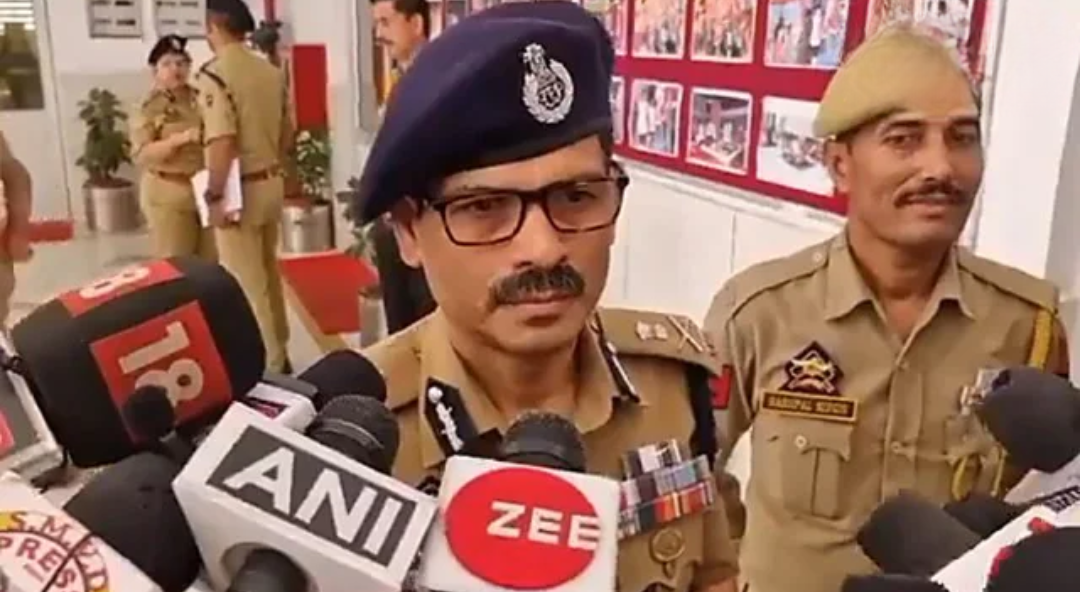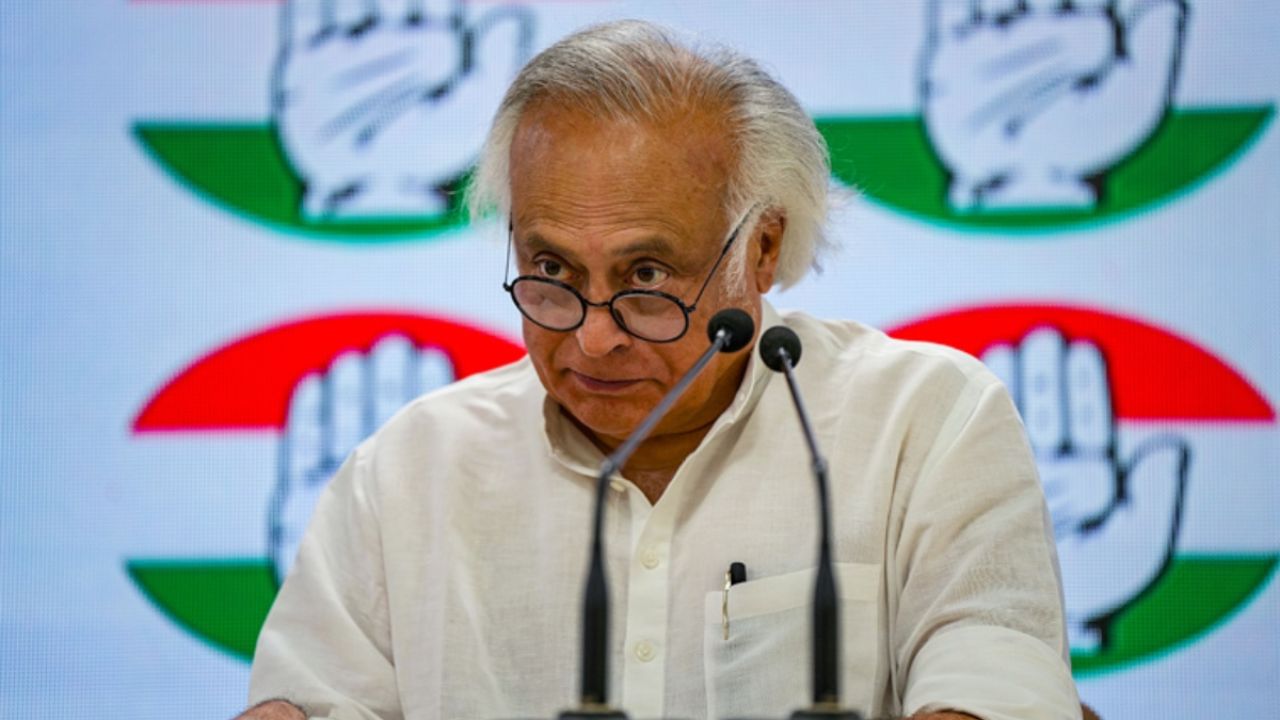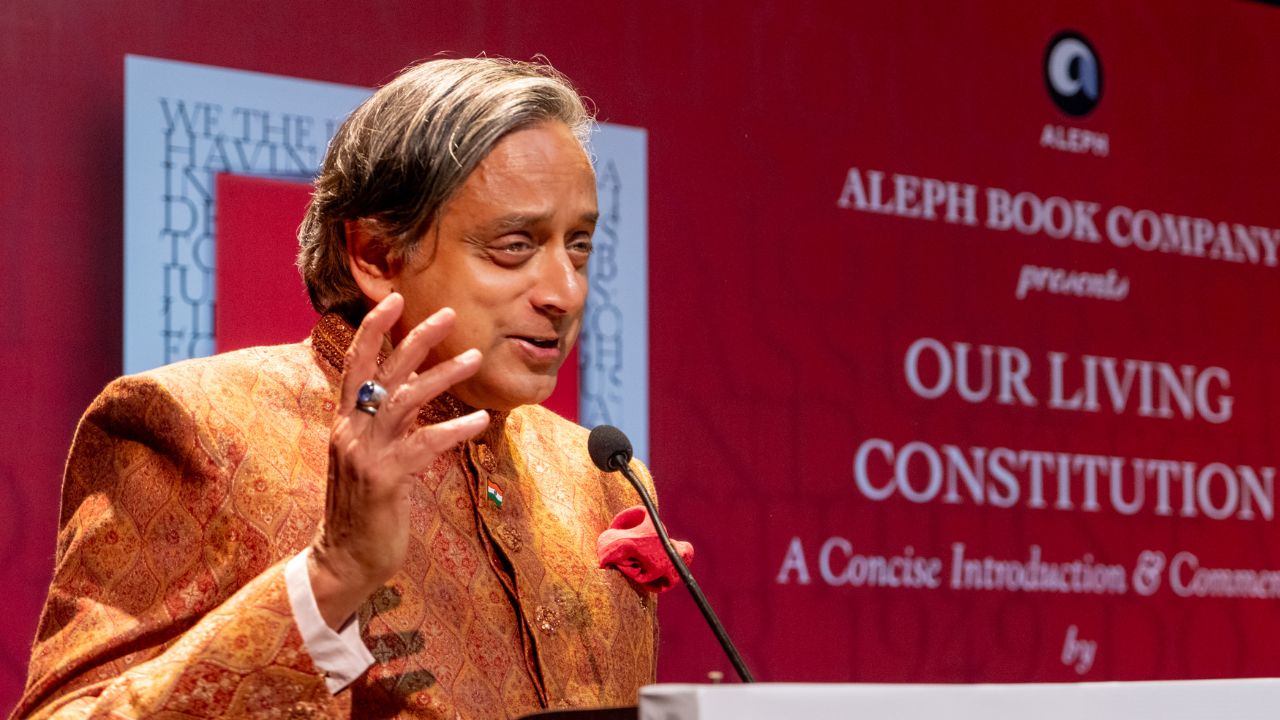J&K DGP, Who Has Political Parties Ruffled, Emerges as One of the Valley’s Most Powerful Figures Post-Article 370 Abrogation
Jammu & Kashmir DGP Rashmi Ranjan Swain, Who Stirred Political Controversy, Emerges as Key Figure Post-Article 370 Abrogation Jammu & Kashmir Director General of Police Rashmi Ranjan Swain has triggered a political row with his remarks

Jammu & Kashmir DGP Rashmi Ranjan Swain, Who Stirred Political Controversy, Emerges as Key Figure Post-Article 370 Abrogation
Jammu & Kashmir Director General of Police Rashmi Ranjan Swain has triggered a political row with his remarks accusing mainstream and regional political parties in the Valley of facilitating Pakistan’s “infiltration into civil society.” This controversy is not new to Swain, who has long been familiar with the Union territory.
Swain, a 1991-batch IPS officer from Odisha, has spent much of his career on central deputation but has also held several sensitive positions in J&K, including Senior Superintendent of Police (SSP) in Srinagar and Jammu, and in the J&K Vigilance Commission (now the Anti-Corruption Bureau).
Since 2020, Swain has been in J&K, brought back from his central deputation a year after the abrogation of Article 370. As the Additional Director General of the J&K Police’s Criminal Investigation Department (CID), Swain’s role became one of the most powerful in the Valley. In this position, he reported directly to Lt Governor Manoj Sinha and the Union Home Ministry. He was credited with tightening control over separatist and militant networks, a crucial part of the Modi government’s strategy to prevent violence in the post-Article 370 era. Swain also gained recognition for his crackdown on “corrupt” police officers, contributing to the Centre’s portrayal of its measures as a new era in Kashmir.
However, Swain has also faced accusations of employing hardline measures against militant families and associates, including using passport issuance and job verifications as tools against them. Additionally, dissenting voices, such as civil society members, activists, and journalists, were reportedly placed on Look Out Circular notices to prevent them from leaving the country.
Sources indicate that Swain formulated the policy of terminating government employees for any links to separatism or militancy without allowing them a chance to clarify their position. Political leaders claim Swain has actively influenced J&K politics, aligning with the Centre’s efforts to orchestrate splits in parties or pressure political leaders to switch sides.
Swain’s role as intelligence chief has strained his relations with certain top police officers, including his predecessor, DGP Dilbagh Singh. After Singh retired in October 2023, the Union Home Ministry appointed Swain as the in-charge police chief while retaining his intelligence chief role, underscoring his significance to the government.




